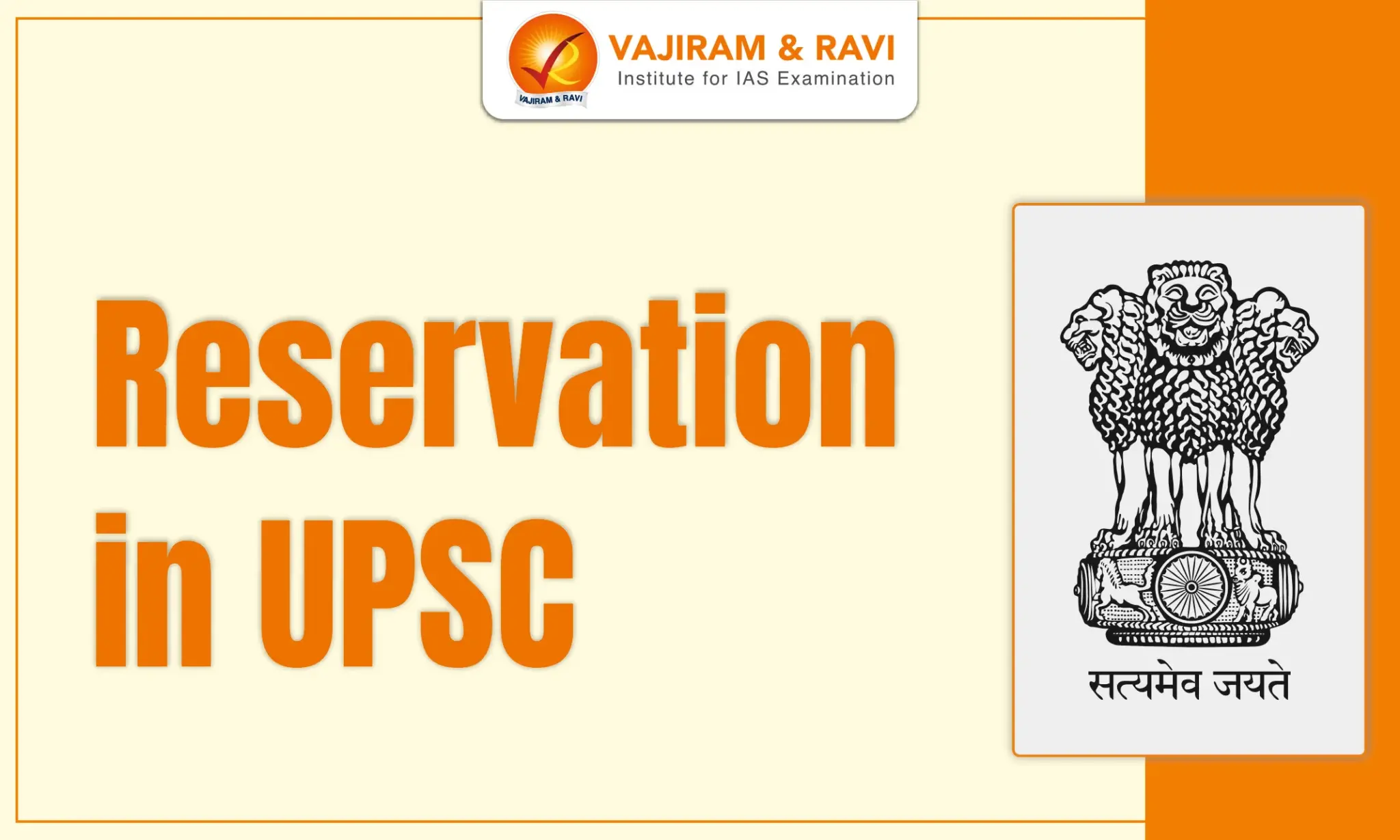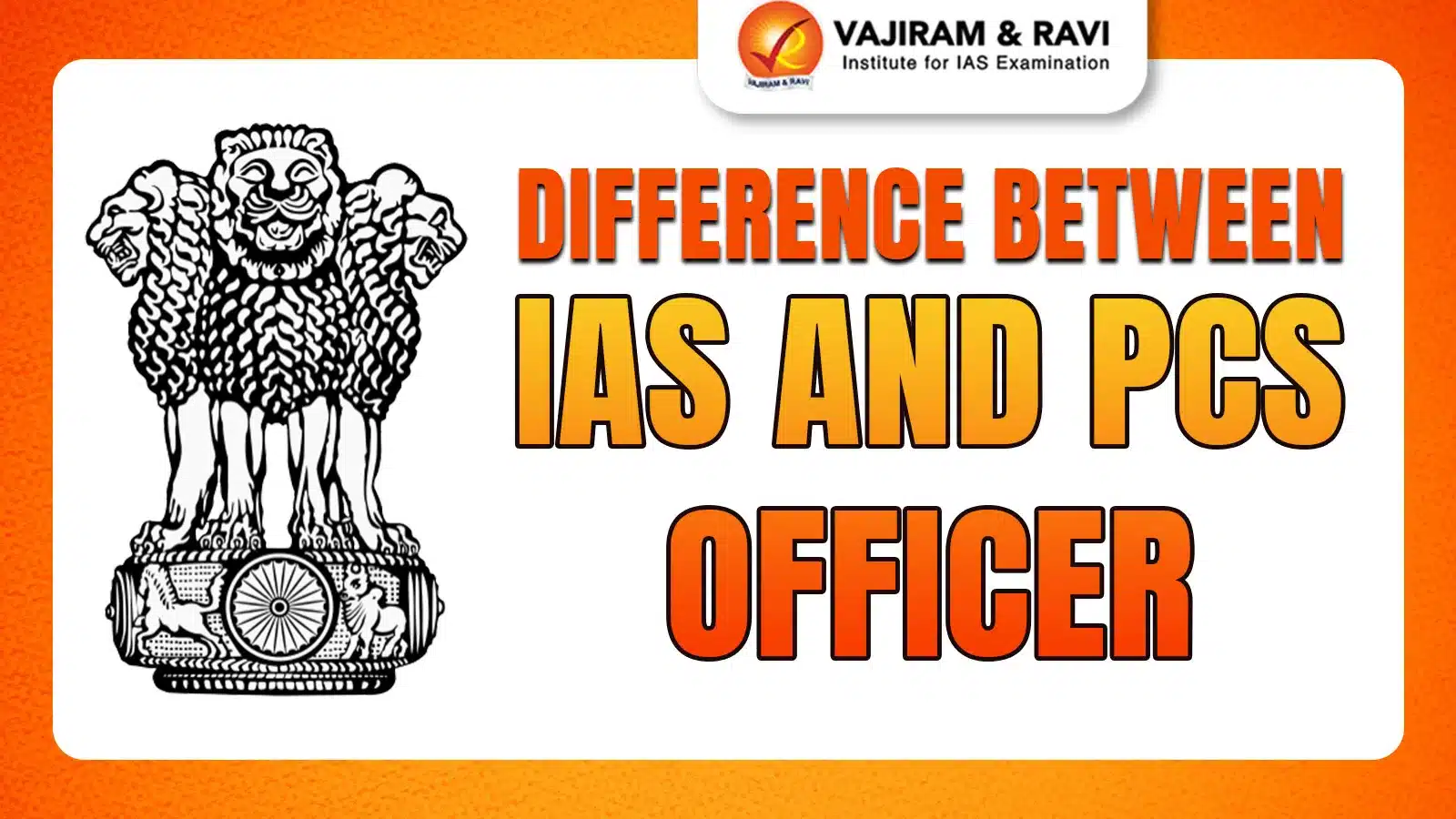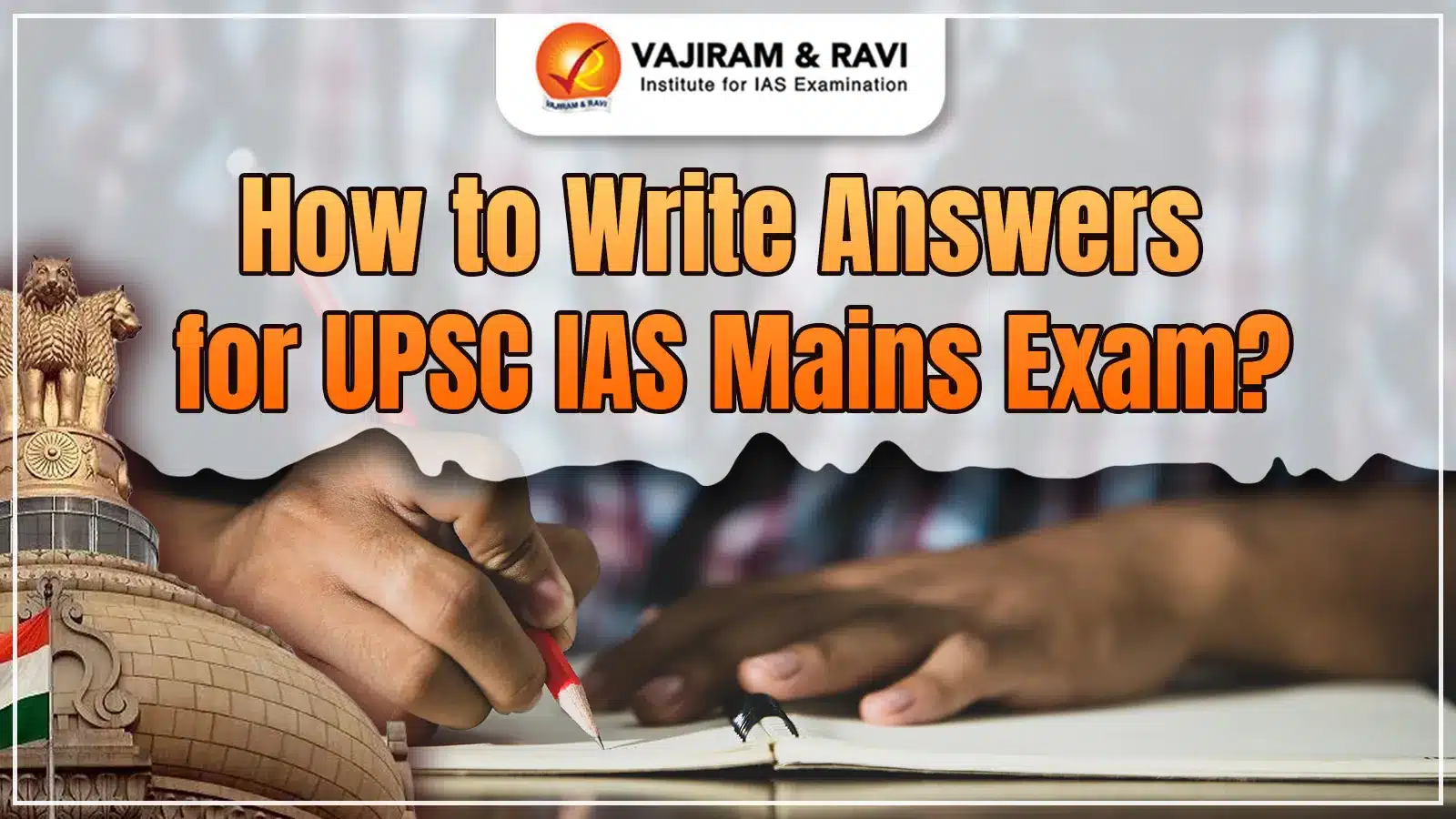Reservation in UPSC is a vital aspect of India’s affirmative action policies, aiming to rectify historical injustices and ensure equal opportunities for all sections of society. While it has made significant strides in promoting social inclusion and diversity within the civil services, ongoing debates and discussions underscore the need for a nuanced and balanced approach to address the complexities of representation and upliftment. Ultimately, reservation in UPSC remains a powerful instrument in shaping a more equitable and representative administrative landscape in India.
| Category | UPSC Reservation Quota |
| Schedule Caste | 15% |
| Schedule Tribes | 7.5% |
| Other Backward Classes | 25% |
| Economically Weaker Section | 10% |
| Persons With Benchmark Disabilities | 4% |
UPSC Reservation Based on Age Limit
The UPSC reserves seats for certain categories of applicants, such as Scheduled Castes, Scheduled Tribes, Other Backward Classes, defence personnel, and persons with disabilities. The UPSC age limit for these reserved seats is relaxed compared to the general category.
The following are the details of the age relaxation for the UPSC Civil Services Examination:
| SC/ST Category | 5 Years |
| OBC Category | 3 Years |
| Defence personnel | 3 Years |
| Orthopedically Handicapped, blind, deaf and mute | 3 Years |
To avail of the age relaxation, the applicant must provide valid proof of age, such as a mark sheet from a secondary school or a mark sheet from any Indian university.
Eligibility Criteria for Reservation Category
To be eligible for reservation in the UPSC, candidates must meet the following criteria:
- Their caste must be listed among the reserved communities published by the Central Government.
- If they are from the Other Backward Classes (OBC) category, they must present a non-creamy layer certificate.
- If they are from the economically weaker sections (EWS) category, they must meet the income and asset criteria set by the Central Government.
- They must have all the necessary documentation and certificates to support their claim.
How to Apply for UPSC Reservation?
Candidates must fill out the category field on the UPSC application form. The category chosen by the candidate will determine the reservation benefits that they will be eligible for. The original certificates will be verified at the time of the Personality Test.
Guidelines to claim reservation in UPSC:
- Only candidates whose caste is listed on the central government’s list of reserved communities are eligible for UPSC reservation benefits.
- If a candidate develops a physical disability while being considered for the UPSC exam, they will be required to present a legal document to the Commission, who will then make a decision on whether to grant them reservation benefits.
- A candidate in the General category cannot have their category changed to a reserved category, and requests to do so will never be granted.
- The same guideline applies to students who fall under the category of physically challenged students.
UPSC Reservation for SC/ST/OBC
UPSC Reservations vary category wise. The following table below gives a comparison between reservations for SC/ST and OBC Category:
| Category | No. of Attempts | Age Limit | Application Fee |
| SC/ST | Unlimited | 37 years of age | NIL |
| OBC | 9 Attempts | 35 years of Age | 100/- |
Reservation in UPSC for EWS Category
The Indian government announced a 10% reservation for the Economically Weaker Sections (EWS) in the UPSC CSE on February 5, 2020. This reservation is available to all general category candidates who are not covered by the existing reservations for Scheduled Castes, Scheduled Tribes, and Socially and Educationally Backward Classes. There are no exceptions to this reservation, such as age, number of attempts, or fees.
The EWS reservation is based on the Constitution Act, 2019, which was passed by the Indian Parliament. This amendment defines the EWS as those families whose annual income is less than Rs.8 lakhs and whose total assets are less than Rs.5 lakhs.
The decision of whether or not to offer EWS reservation for employment to state government jobs and for admission to state government educational institutions is up to the respective state governments.
Eligibility Criteria for EWS Category Reservation
To be eligible for the EWS reservation in UPSC, a candidate must meet the following conditions:
- The candidate must belong to the general category and not be eligible for any other reservation SC, ST, or OBC.
- The candidate’s family’s gross annual income for the previous financial year must be less than Rs. 8 lakhs.
- The candidate’s family must not own agricultural land of 5 acres or more, if any of the family members (parents, siblings, or spouse) are younger than 18 years of age.
- The candidate’s family must not own a residential apartment of 1000 square feet or more.
- The candidate’s family must not own a home plot in notified municipalities with an area of 100 square yards or more or less than 200 square yards
| Criteria | EWS Category |
| Age Limit | No Age Relaxation( same as General Category) |
| No. of Attempts | 6 |
| Application Fees | 100/- |
PwBD Reservation in UPSC
Persons with Benchmark Disabilities candidates are eligible for special benefits in the UPSC Civil Services Examination. These benefits include reservations, age relaxation, and additional attempts.
The UPSC has classified PH disabilities into three categories:
- PH 1: Orthopedically handicapped (OH) individuals
- PH 2: Visually handicapped (VH) individuals
- PH 3: Hearing handicapped (HH) individuals
To be eligible for the PH reservation, candidates must have a disability of at least 40%. They must also submit a disability certificate issued by a medical board constituted by the Central or State government.
The PH reservation is applicable to all services under the UPSC CSE, including the IAS, IFS, IPS.
In addition to the PH reservation, PH candidates are also eligible for the following benefits:
- Age relaxation of up to 10 years
- Additional attempts: PH candidates can appear for the CSE up to 9 times, irrespective of their category.
- Special provisions at the examination centres: PH candidates are provided with special provisions at the examination centres, such as scribe, extra time, and accessible seating.
| Other Related Posts of UPSC 2025 | |
Last updated on June, 2025
→ UPSC Notification 2025 was released on 22nd January 2025.
→ UPSC Prelims Result 2025 will be out soon for the CSE held on 25 May 2025.
→ UPSC Prelims Question Paper 2025 and Unofficial Prelims Answer Key 2025 are available now.
→ UPSC Calendar 2026 is released on 15th May, 2025.
→ The UPSC Vacancy 2025 were released 1129, out of which 979 were for UPSC CSE and remaining 150 are for UPSC IFoS.
→ UPSC Mains 2025 will be conducted on 22nd August 2025.
→ UPSC Prelims 2026 will be conducted on 24th May, 2026 & UPSC Mains 2026 will be conducted on 21st August 2026.
→ The UPSC Selection Process is of 3 stages-Prelims, Mains and Interview.
→ UPSC Result 2024 is released with latest UPSC Marksheet 2024. Check Now!
→ UPSC Toppers List 2024 is released now. Shakti Dubey is UPSC AIR 1 2024 Topper.
→ Also check Best IAS Coaching in Delhi
Reservation in UPSC FAQs
Q1. Is there reservation in UPSC for SC/ST?+
Q2. What is the concept of reservation in UPSC?+
Q3. Is there a reservation in UPSC for girls?+
Q4. Is there UPSC Reservation for OBC Category?+
Tags: reservation in upsc UPSC




















